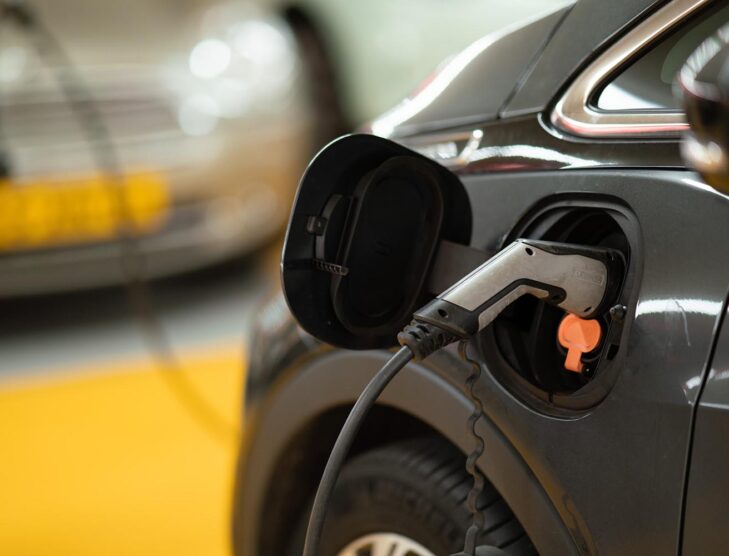
U.S. issues final standards for national electric vehicle charging network
The U.S. Department of Transportation (DoT), in partnership with the U.S. Department of Energy (DoE), has issued the final standards for the country’s electric vehicle (EV) charging network.
The new standards will ensure everyone can use the network—no matter what car you drive or which state you charge in. The standards also require strong workforce standards.
All EV chargers funded through the Bipartisan Infrastructure Law, which was passed in 2021, must be built in the United States. The plan requires that, effective immediately, final assembly and all manufacturing processes for any iron or steel charger enclosures or housing occur in the United States. By July 2024, at least 55% of the cost of all components will need to be manufactured domestically as well.
The Biden Administration hopes the new rules, issued after nearly eight months of debate, will jump-start the biggest transformation of the U.S. driving landscape in generations. It seeks to give consumers easy access to a growing coast-to-coast network of EV charging stations.
The White House says these steps will help the U.S. President’s ambitious goals to confront the climate crisis, by building a national network of 500,000 electric vehicle chargers along America’s highways and having EVs make up at least 50% of new car sales by 2030.
There are now more than three million EVs on the road and more than 130,000 public chargers across the country, according to the White House.
Companies that hope to tap USD7.5 billion in federal funding for this network must also adopt the dominant U.S. standard for charging connectors, known as “Combined Charging System” or CCS; use standardized payment options; a single method of identification that works across all chargers; and work 97% of the time.
.jpg)










